In the summer issue of Index on Censorship magazine, we include a special report: Brick by brick, freedom 25 after the fall of the Berlin Wall.
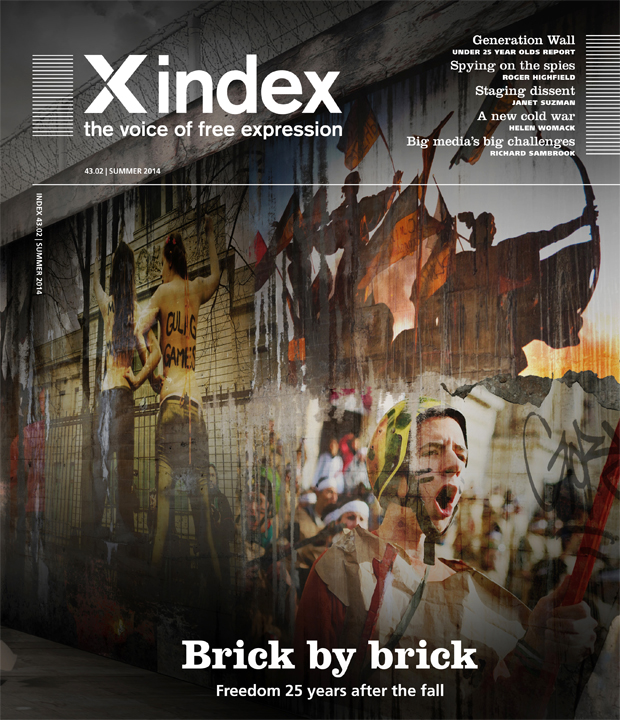

In the summer issue of Index on Censorship magazine, we include a special report: Brick by brick, freedom 25 after the fall of the Berlin Wall.
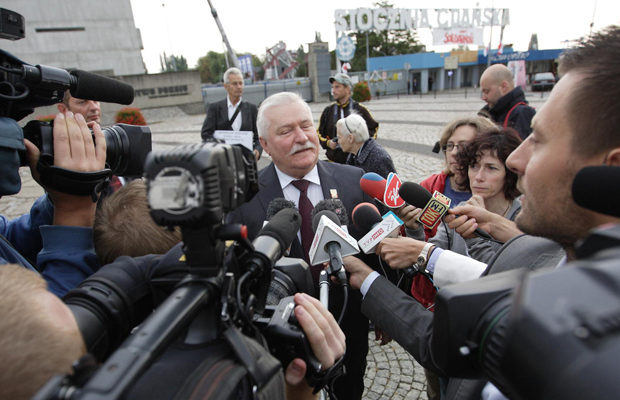
Poland had the largest alternative press on the eastern side of the Iron Curtain – and journalists couldn’t wait for the arrival of democracy. But after its heyday in the early 90s, the Polish media have lost their willingness to take on the powerful, argues Konstanty Gebert
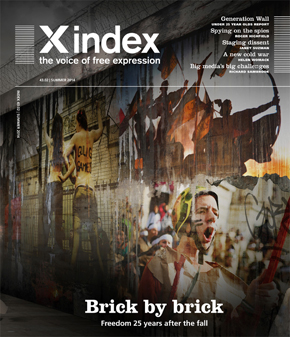
Twenty five years after the fall of the Berlin Wall and the collapse of communism in eastern Europe, join us on 10 July to ask whether any of us are truly freer now?
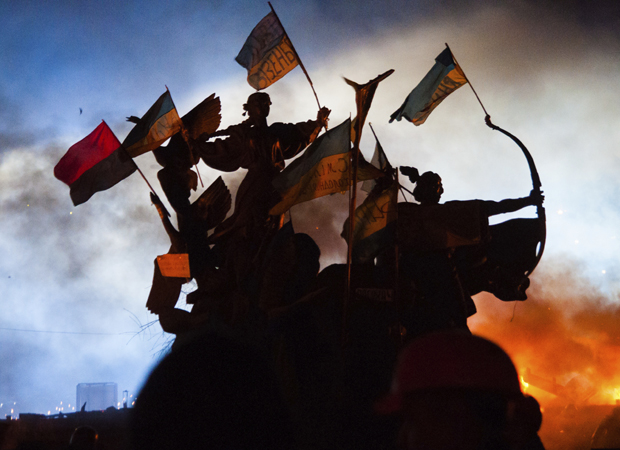
As the 25th anniversary of the fall of the Berlin Wall approaches, Index on Censorship Rachael Jolley magazine editor argues we should not forget our history

Index on Censorship arrived at the Big Bookend Festival in Leeds to discuss whether it is acceptable for governments and others to withhold information from the public during a conflict

How do news gatherers and publishers adapt to the volume of online content produced every day?
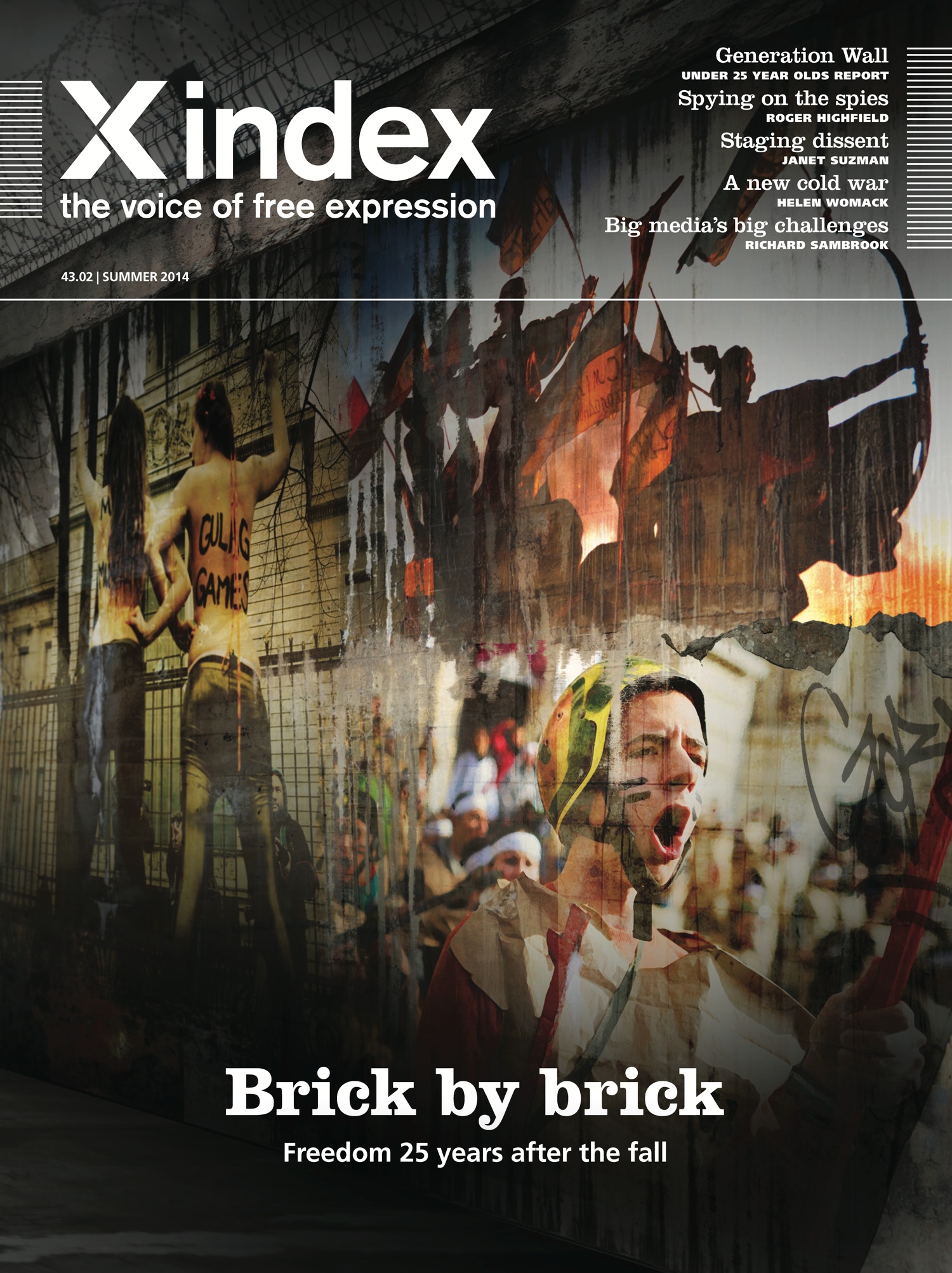
As Europe prepared for the anniversary of the Berlin Wall’s demolition in November 2014, Index on Censorship looked at how the continent had changed. Author Irena Maryniak explored the idea of a new divide that had formed further east. Polish journalist Konstanty Gebert looked at how Poland’s media came out from the underground and lost its voice. Award-winning German writer Regula Venske showed how Germany tackled its identity issues through crime fiction; and Helen Womack reported from Moscow on the fears of a new Cold War. We also gave voice to “Generation Wall” – the young people who had grown up in a free eastern Europe.

Colombian writer Gabriel García Márquez, who died on 17 April, wrote this piece on the evolution of journalism for Index on Censorship magazine in 1997.

Listen to a podcast interview with former director of public prosecution in England and Wales, Sir Keir Starmer, and editor of Index on Censorship magazine Rachael Jolley. In the interview Sir Keir covers social media, whistleblowing and online abuse.
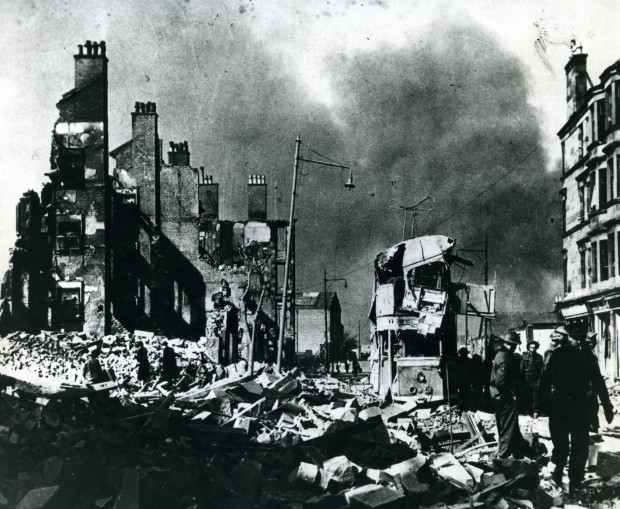
When the small Scottish shipbuilding town of Clydebank was flattened during one of the most destructive bombing raids of World War II, officials took extraordinary measures to suppress the details. John Macleod reports for the spring 2014 issue of Index on Censorship magazine
A quarterly journal set up in 1972, Index on Censorship magazine has published oppressed writers and refused to be silenced across hundreds of issues.
The brainchild of the poet Stephen Spender, and translator Michael Scammell, the magazine’s very first issue included a never-before-published poem, written while serving a sentence in a labour camp, by the Soviet dissident Aleksandr Solzhenitsyn, who went on to win a Nobel prize later that year.
The magazine continued to be a thorn in the side of Soviet censors, but its scope was far wider. From the beginning, Index declared its mission to stand up for free expression as a fundamental human right for people everywhere – it was particularly vocal in its coverage of the oppressive military regimes of southern Europe and Latin America but was also clear that freedom of expression was not only a problem in faraway dictatorships. The winter 1979 issue, for example, reported on a controversy in the United States in which the Public Broadcasting Service had heavily edited a documentary about racism in Britain and then gone to court attempting to prevent screenings of the original version. Learn more.